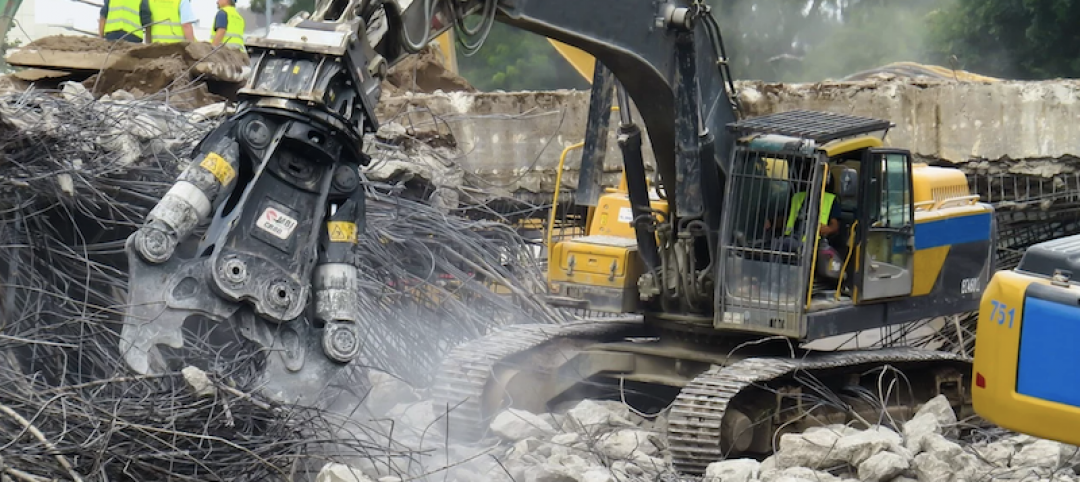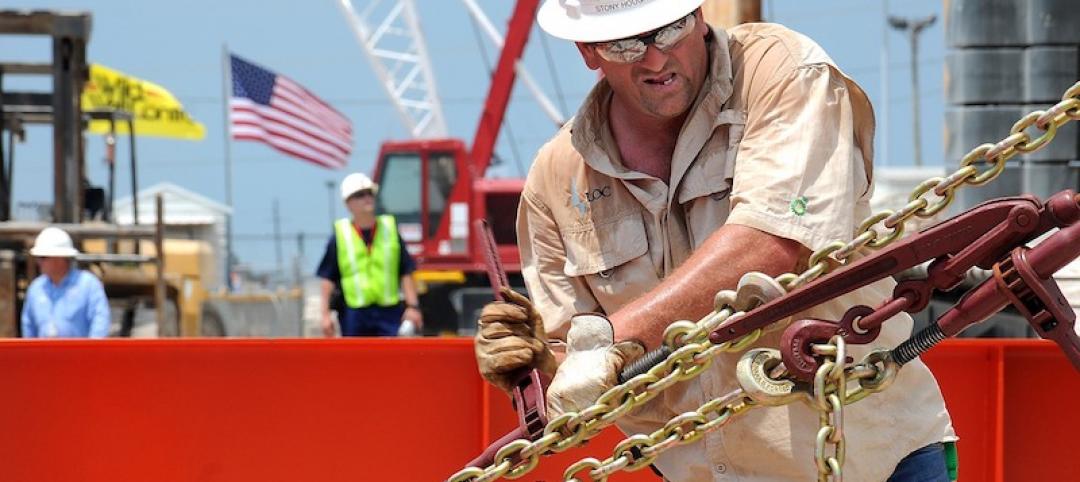The Bi-national Softwood Lumber Council recently released the Nail-Laminated Timber (NLT) U.S. Design and Construction Guide.
The first-of-its-kind manual for the U.S. design and construction community was conceived and prepared by practitioners dedicated to advancing high-quality timber construction across industries, typologies, and geographies. Available for free download at reThinkWood.com, the guide provides direction to ensure safe, predictable, and economical use of NLT.
The document also offers practical strategies and guidance, including lessons learned from real-life projects. It is consistent with current codes and standards, including the 2015 International Building Code.
The guide focuses on design and construction considerations for horizontal NLT applications pertaining to U.S. construction practice and standards. Unlike other mass timber products, NLT does not require a unique manufacturing facility and can be fabricated with local dimension lumber for use in applications across sectors and building types. “Nail-laminated timber is a cost-effective solution for those looking to leverage the economic and environmental benefits of mass timber construction,” said Cees de Jager, General Manager of the Bi-national Softwood Lumber Council.
“While NLT has been incorporated into U.S. building codes for decades, available resources are dated and have been focused on prescriptive, rather than engineered applications," said Rebecca Holt, of Perkins + Will.
Related Stories
Codes and Standards | Dec 12, 2019
Coalition calls for consistent building data disclosure regulations in Canada
Major real estate firms are driving the effort.
Codes and Standards | Dec 10, 2019
Utilities rolling out more grid-interactive efficient building programs
Focus is on energy savings and demand flexibility.
Codes and Standards | Dec 9, 2019
Canada’s Zero Carbon Building Standard reports first 10 certifications
Projects include new and existing offices, schools, and warehouses.
Codes and Standards | Dec 6, 2019
New research examines flood mitigation policies in the U.S.
Thirteen states or cities have adopted effective measures; some restricting development in vulnerable areas.
Codes and Standards | Dec 5, 2019
USGBC unveils vision for LEED Positive
Roadmap will lay foundation for a future LEED that is regenerative.
Codes and Standards | Dec 5, 2019
Report shows reducing embodied carbon can save money and help mitigate climate change
Embodied carbon now accounts for 11% of global greenhouse gas emissions.
Codes and Standards | Dec 5, 2019
Dubai, London and New York are 2019’s ‘Construction Mega Cities’
From 2007 to 2025, GlobalData expects the cities’ combined gross domestic product (GDP) to increase by more than US$8 trillion to US$20.4 trillion.
Codes and Standards | Dec 2, 2019
New GBCI certification recognizes expertise in sustainability
Provides third-party verification of competency to ‘making the world more economically, socially, and environmentally sustainable.’
Codes and Standards | Dec 2, 2019
New tool allows users to learn how to reduce embodied carbon
Calculator delivers first digitized EPDs.
Codes and Standards | Dec 2, 2019
Trade group challenges St. Petersburg, Fla., ordinance on construction contract mandates
Legality of requirement to hire apprentices, disadvantaged workers at issue.

















